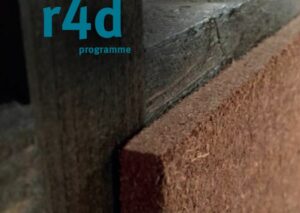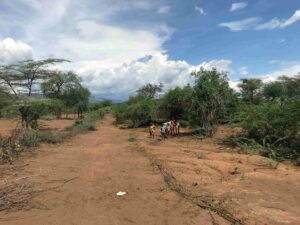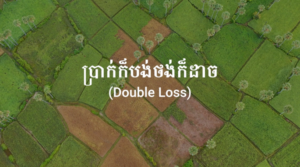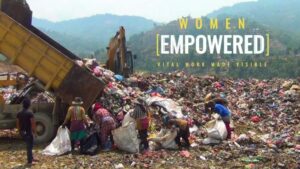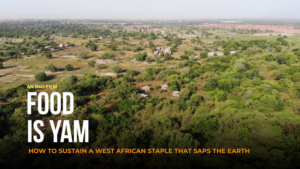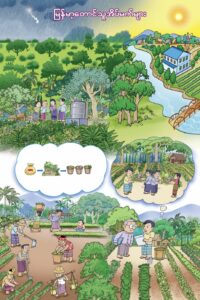The Green Vein: Agroecology Rising in West Africa
Across the fields, villages and urban spaces of West Africa, an agroecological movement is taking shape. Cities like Bamako and Accra have increasingly higher numbers of organic urban gardeners, agricultural research institutions are turning their focus towards sustainable practices and NGOs and citizen initiatives are working hard to promote agroecology as a systemic solution for many of the challenges the region faces. The documentary “The Green Vein” showcases the “agroecology rising in West Africa” and what the world can learn from it.
r4d synthesis project: Food Systems Caravan
The 90-minute film emerged from a project coordinated by FiBL Switzerland: The Food Systems Caravan. Its departing point was the existing network of four food security related projects in the framework of the r4d programme, sponsored by the Swiss Agency for Development and the Swiss National Science Foundation.
Between 2019 and 2021, the Food Systems Caravan project travelled by land through Mali, Burkina Faso, Ghana, Benin and Nigeria and organised conferences, workshops, study visits to key projects, open field days, open classes in university and schools as well as food festivals in the five countries. The events focused on agroecology as a systemic solution to improve the sustainability of West Africa’s food systems and stimulated networking between organisations and citizens working in the movement who framed problems and solutions together.
From short videos to feature film
Sara de Sousa Correia, the film director who travelled with the caravan, was initially engaged in the project to produce short videos for showcasing some of the visited initiatives. However, she realised early that “the footage and overall experience were telling a story that needed to be shared with the world”: The story of a growing agroecological movement that is slowly changing the face of agriculture in West Africa. “The Green Vein” started taking shape in 2021 and a first version was used for screenings with diverse audiences in Mali, Burkina Faso, Ghana, Benin and Nigeria.
Already the first rough cuts of the short videos and film stimulated vital debate among all types of stakeholders involved in West African food systems. The audio-visual material, combining science with arts and benefiting from charismatic protagonists and talented script writers, created inspiring and restorative moments in thousands of viewers spanning at least three generations. Based on their reactions, an improved and final version of the documentary was submitted in 2023 to festivals across Africa, North and South America, winning four of them and receiving honourable mentions in two others.
Now, “The Green Vein” is released online to the public and is available in English, French, Bambara, Spanish and Portuguese. Several screenings in rural and urban areas are planned in the next two years in the framework of the CARE project (Capitalization of Agroecological Research Evidence from the r4d programme in West Africa), which builds on and expands the network of the Food Systems Caravan. The film is expected to continue stimulating the debate about the sustainability of food systems and transition to agroecological approaches, but also to inspire change across the region.
Related Posts
WOMEN EMPOWERED: Vital Work Made Visible
Sources
Links to r4d projects
Further links
“The Green Vein” film webpage: https://www.laveineverte.org/en/
“The Green Vein” documentary on YouTube: English / French / Portuguese / Spanish
